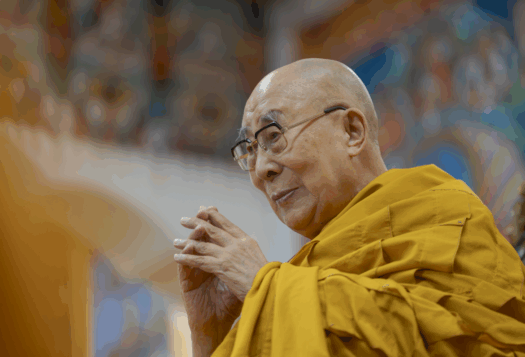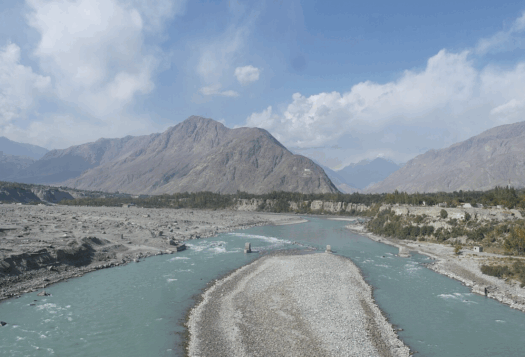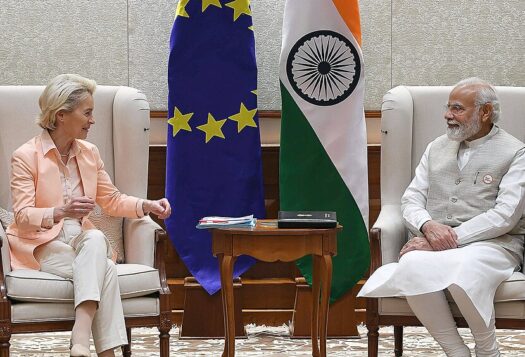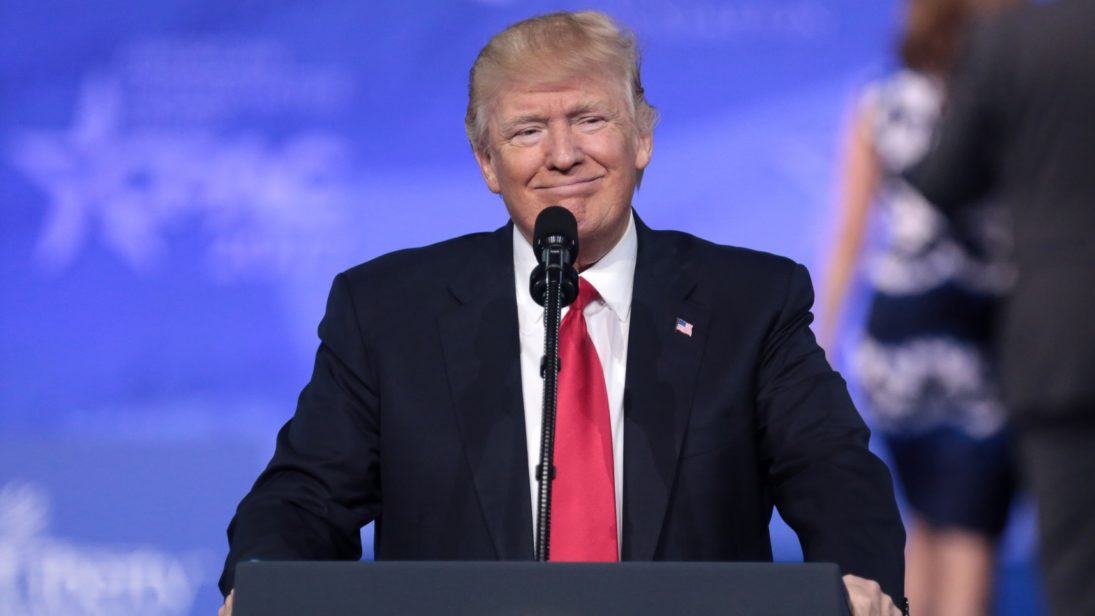
U.S. Representative to the United Nations Nikki Haley recently commented: “It’s absolutely right that this administration is concerned about the relationship between India and Pakistan and very much wants to see how we de-escalate any sort of conflict going forward…We don’t think we should wait till something happens.” The Indian establishment was quick to communicate its disapproval of the comment, with Ministry of External Affairs spokesperson Gopal Baglay reiterating India’s long-held view that all issues between India and Pakistan should be redressed bilaterally and “in an environment free of terror and violence.” The State Department promptly clarified that the Trump administration had no intention of intervening in India-Pakistan affairs.
Just after his electoral victory, Trump had a telephonic conversation with Pakistani Prime Minister Nawaz Sharif. Trump, according to a Pakistani Foreign Ministry release, was reported to have said to Sharif: “I am ready and willing to play any role that you want me to play to address and find solutions to the outstanding problems.” This was enough to throw Washington out of balance; forcing the Trump camp to release its own version of the conversation, reserved to describing the talks as “productive.”
These recent instances of Washington walking back its statements concerning India and Pakistan is an acute reminder of the tedious task ahead for the new U.S. administration. The Trump administration’s having to explain its neutral position and preference for a detached role in India-Pakistan issues is symptomatic of the tight balancing act that Trump and his team will need to do in the days to come. Washington’s efforts at an even-handed policy towards India and Pakistan are understandable. However, if America truly wants stability in India-Pakistan relations and wants to accomplish its counterterrorism goals in the region, it needs to show more in deeds than in words its intention to constrain Pakistan’s capability, if not will, to harbor violent non-state actors. The message from New Delhi has been unambiguous. An India-Pakistan political thaw can be sustained only in a terror-free environment.
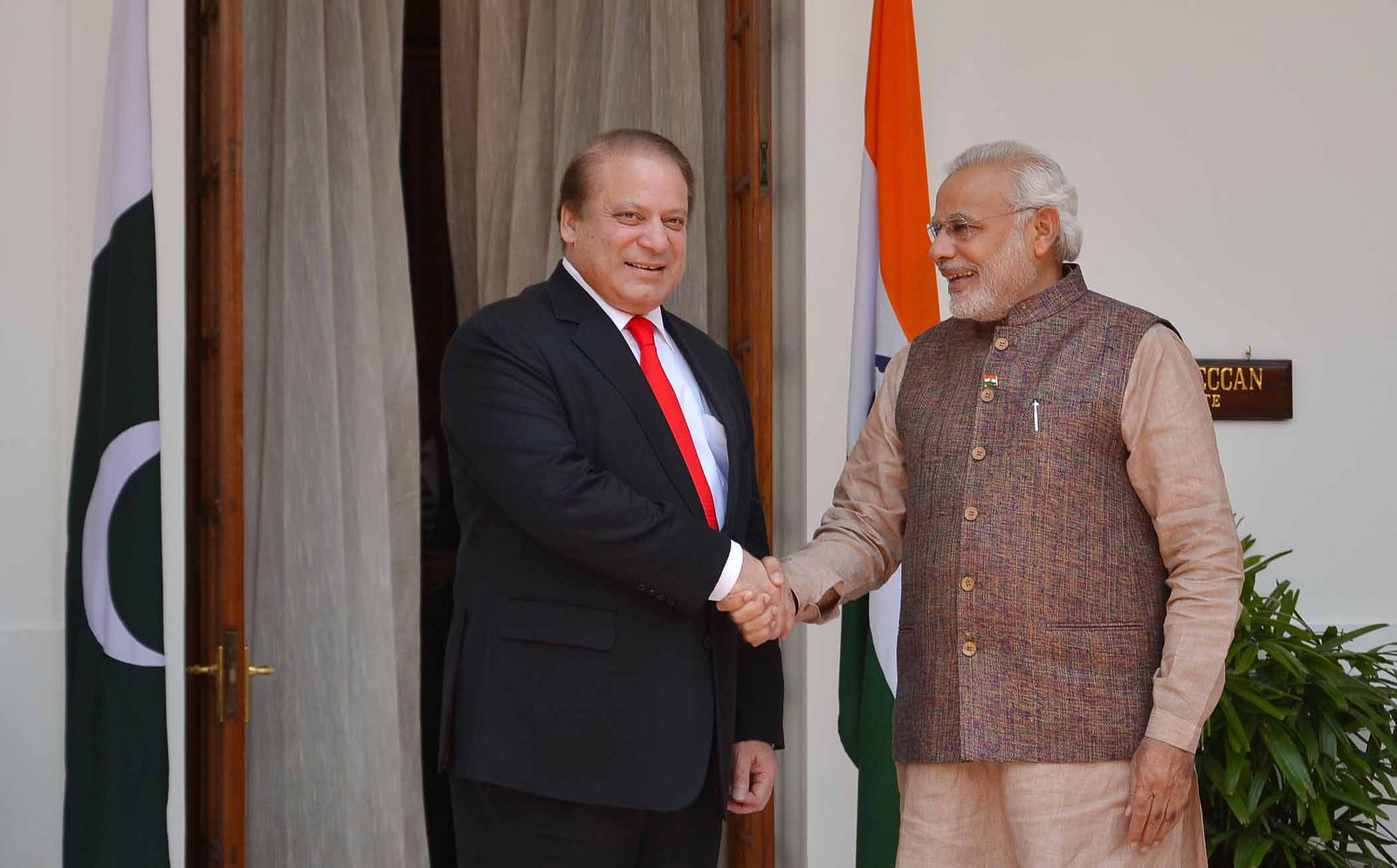
The United States is in an unenviable position, with both Pakistan and India rueing the attention Washington gives the other. Former President Asif Ali Zardari alleged that the United States had failed to understand the sacrifices that Pakistan had made in the global war on terrorism. National Security Advisor Nasser Janjua commented that the growing cooperation between India and the United States, specifically the Logistics Exchange Memorandum of Agreement (LEMOA), had jeopardized the idea of an Asian century. Some have even accused Indian and Afghan lobbies of fomenting anti-Pakistan sentiments in the U.S. Congress, leading to decreased support for Pakistan in Washington.
In India, the United States was long seen as an unreliable power that should be kept at a distance. The United States military alliance with Pakistan, whether to fight the Communists during the Cold War or terrorists in the global war on terrorism, has been construed as having helped Pakistan’s military modernization, which is targeted at India. Though the ambivalence towards the United States has given way to approval, U.S. largesse to Pakistan still rattles the Indian establishment. Despite a broader strategic convergence centered on managing China’s rise, New Delhi still seems to harbor lingering annoyance regarding Washington’s considerate approach to Pakistan. The Pakistan lobby in Washington is seen as trying to influence American opinion to specifically internationalize the Kashmir issue, and seek American intervention, as a part of Pakistan’s long-held policy to project parity with India.
Thus, it seems that Washington’s efforts at a balancing act between New Delhi and Islamabad have hardly paid off any dividends as far as America’s interests in the subcontinent are concerned. Thus, some hardball tactics are warranted for the sake of regional stability and America’s own strategic objectives in Afghanistan.
The Trump administration has sent some signals that it may possibly be more aggressive on counterterrorism. National Security Advisor HR McMaster, who was recently on a South Asia trip, asserted that Pakistan should target militant groups “less selectively” and stop using “proxies that engage in violence.” Lisa Curtis, the new Director of the South Asia Division at the National Security Council, co-authored a report titled A New U.S. Approach to Pakistan: Enforcing Aid Conditions without Cutting Ties prior to joining the NSC. Among other things, the report advised the Trump administration to refrain from getting involved in the India-Pakistan dispute over Kashmir. The United States, the report argued, should “instead focus on diplomatically isolating Pakistan over its continued support to terrorist groups that attack India and have connections to international terrorism.” Moreover, Daniel R. Coats, Director of National Intelligence, recently testifying before the Senate Select Committee on Intelligence, said: “Pakistani-based terrorist groups will present a sustained threat to US interests in the region and continue to plan and conduct attacks in India and Afghanistan.”
So, what do the early days of the Trump presidency foretell? Will the Trump era usher in a substantial change in Washington’s approach towards the subcontinent? Though the United States is likely to continue carrying out its balancing act generally, it should, sans any ambiguity, use all means at its disposal to pressurize Pakistan to act on the terror outfits operating from the its soil. This, in addition to being in India’s interest, would benefit Washington’s pursuit of regional stability in South Asia.
***
Image 1: Gage Skidmore via Flickr (cropped)
Image 2: MEA Photo Gallery via Flickr
